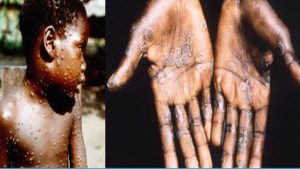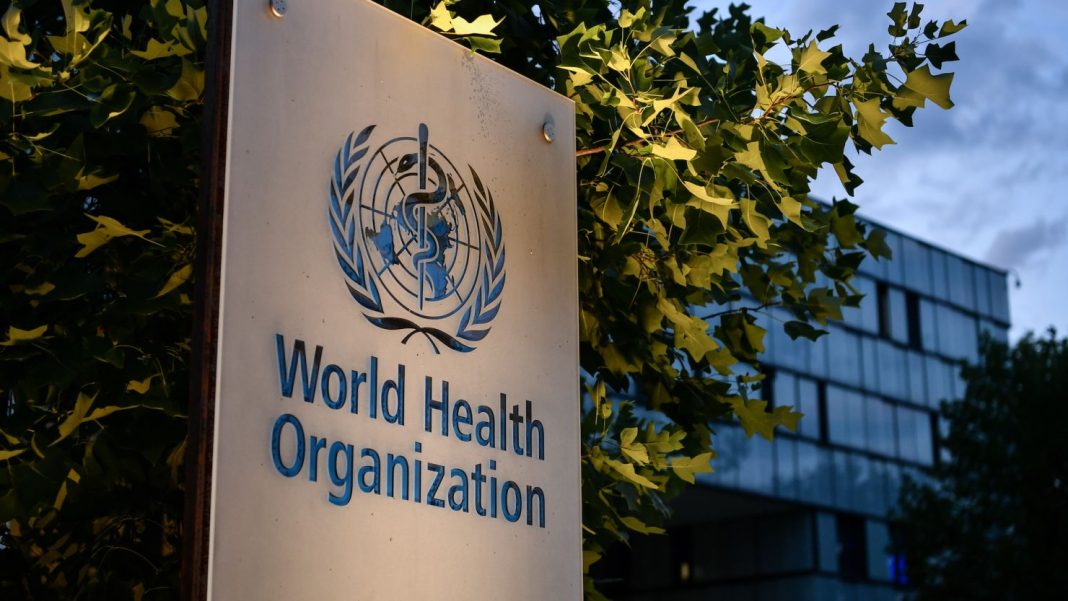The World Health Organization (WHO) declared the ongoing mpox outbreak in Africa a global health emergency on Wednesday. The announcement follows concerns over the spread of a more severe strain of the virus, known as clade Ib, which has now reached four previously unaffected countries in Africa. This strain was previously confined to the Democratic Republic of Congo (DRC).
After consulting with independent experts, WHO Director-General Tedros Adhanom Ghebreyesus made the decision to declare a Public Health Emergency of International Concern (PHEIC), the highest level of alarm under international health law. “The detection and rapid spread of a new clade of mpox in eastern DRC, its detection in neighboring countries that had not previously reported mpox, and the potential for further spread within Africa and beyond is very worrying,” Tedros said.
Mpox, formerly known as monkeypox, is a viral disease that spreads through close contact, including touching, kissing, or sex, and through contaminated materials like clothing and needles. Symptoms include fever, painful rash, headache, muscle pain, and enlarged lymph nodes. Historically, mpox was largely found in Central and West Africa, but it began spreading in Europe and North America in 2022.

The Africa Centres for Disease Control and Prevention also declared the outbreak a public health emergency of continental security, the first such declaration since its inception in 2017. So far this year, over 17,000 mpox cases and more than 500 deaths have been reported across 13 African countries, with the DRC accounting for the majority of cases.
WHO officials have emphasized that vaccines, along with increased surveillance, diagnostics, and research, are crucial to containing the outbreak. The organization has approved the Emergency Use Listing for mpox vaccines and developed a regional response plan requiring $15 million, with $1.5 million already released. The DRC and Nigeria will be the first to receive these vaccines.
“There’s a lot of uncertainty, but we have an opportunity right now to leverage this time and support our member states in the research that needs to be done to understand this,” said Dr. Maria Van Kerkhove, Director of WHO’s Department of Epidemic and Pandemic Preparedness and Prevention.
To Keep Updated Visit & Follow our Facebook Page Or Our Website




